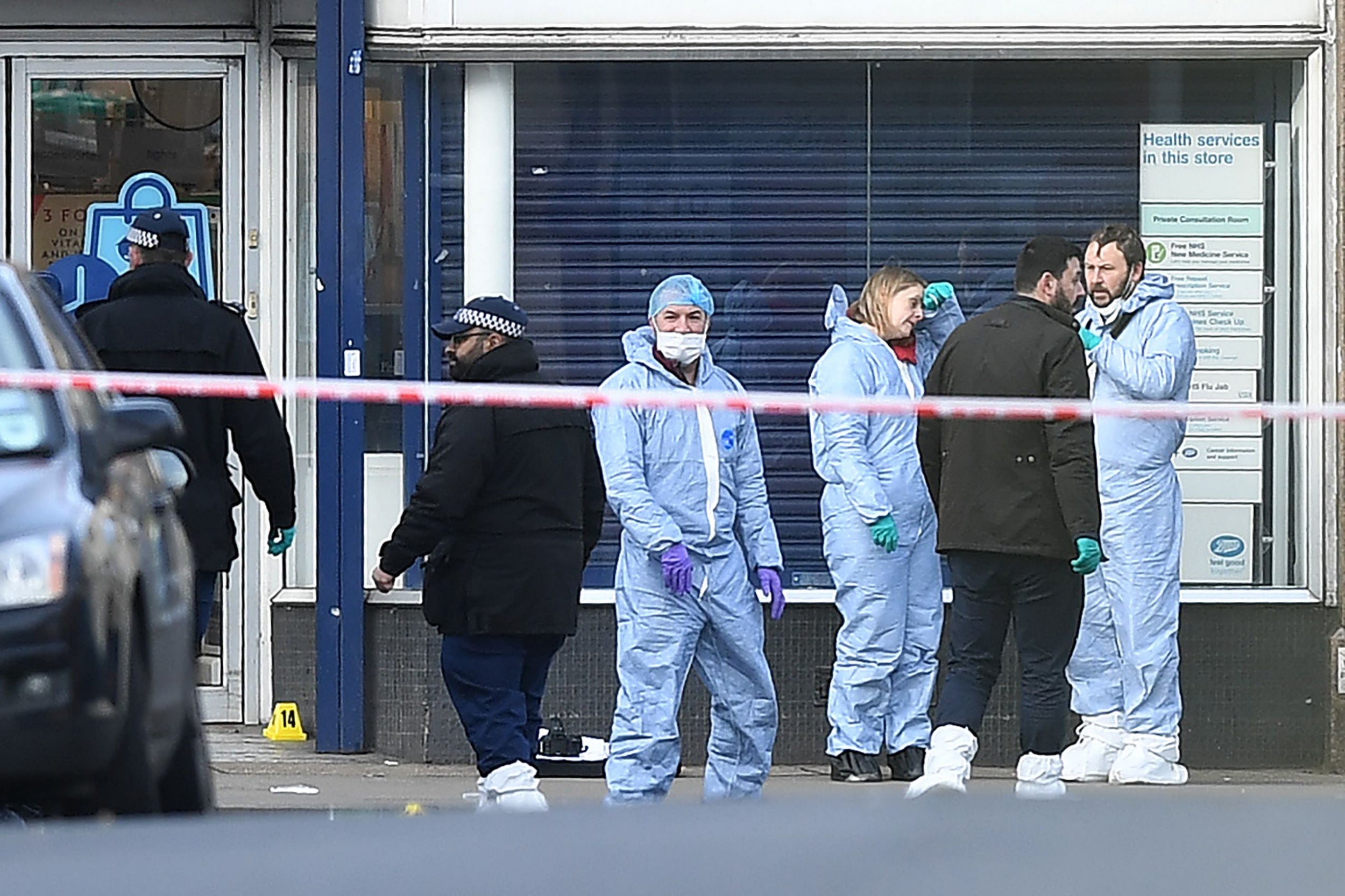Emergency law to keep terrorists in prison for longer could make public less safe, official report finds
Watchdog warns that law could cause dangerous terrorists to be released without restrictive licence conditions, reports Lizzie Dearden

An emergency law to keep terrorists in prison for longer could make Britain less safe, an official report has warned.
The Independent Reviewer of Terrorism Legislation said current conditions inside jails “suggest that keeping prisoners in custody any longer than necessary may be to expose them to worse influences than if released”.
In a report published in the wake of an attempted attack inside HMP Winchester, Jonathan Hall QC said the law risked creating a “cliff-edge” where terrorists must be freed without licence conditions.
“Parliament may wish to consider … whether some period of automatic release is preferable from a perspective of public safety,” he wrote.
“Whilst such individuals would be at liberty slightly earlier, a licence is better than no licence.”
MPs had not had sight of Mr Hall’s report when they debated the emergency law last week, passing it unopposed.
The legislation, which will be debated in the House of Lords on Monday, prevents the automatic release of around 50 terror offenders serving standard determinate sentences.
Previously they were freed automatically halfway through their term on licence, under conditions that are enforced by probation officers and police under threat of recall to prison.
Offenders on licence are visited by supervisors for the remainder of their sentence, and can be subjected to restrictions on movement and association, forced to undertake deradicalisation programmes and must seek permission to move house or leave the country.
Under the new law, they will not be automatically released and will instead undergo a Parole Board assessment at the two-thirds point of their sentence.
If the board considers them to remain a risk, it can keep them inside prison until the end of their sentence, but that would force extremists to be released without any licence conditions.
Mr Hall said it was likely to be “the most dangerous offenders” who were kept inside jail by the Parole Board and freed unconditionally as a result.
“The possibility of risky offenders being released without these controls gives rise to a cliff-edge in terms of managing their risk,” he added.
Mr Hall said that for less dangerous terror offenders, MPs must question “whether keeping them in prison longer than necessary, rather than releasing them, will protect the public”.
The watchdog said the Terrorist Offenders (Restriction of Early Release) Bill also set an “uncomfortable precedent” for retroactively changing prisoners’ release dates, which some lawyers claim violates human rights law.

"Whilst consideration by the Parole Board of all terrorist offenders prior to release is sensible and to be welcomed, it is unclear to me why this consideration needs to be delayed until two thirds of the sentences of prisoners – who would otherwise have been released after one half – have elapsed,” he concluded.
Ministers moved to bring in the laws urgently in the wake of the Streatham attack and aim to pass the legislation before the next terrorist is due to be released from prison on 28 February, with more due to be freed in March.
Under the new law, Sudesh Amman would have been able to apply for parole after two years and two months – six months later than when he was released in January.
Usman Khan, who murdered two people in London Bridge almost a year after being freed, would have been considered after 10 years and eight months.
Both men had served parts of their sentences at HMP Belmarsh, where a recent trial heard that terrorist prisoners were networking and exchanging ideas and “jihad banter”.
On Wednesday, it emerged that a convicted killer had attempted what he claimed was a jihadi terror attack on staff at HMP Winchester on 13 February.
Xeneral Imiuru, also known as Xeneral Webster, lured prison officers into his cell by lying on the floor and then tried to attack them with an improvised weapon.
He is believed to have been radicalised after being jailed for Britain’s first fatal acid attack in July 2018.
It came little over a month after a terror attack by two prisoners at HMP Whitemoor in Cambridgeshire.
On 9 January, two men wearing fake suicide vests injured five members of prison staff with bladed weapons.
One of the attackers was Brusthom Ziamani, an Isis supporter jailed over an attack plot in 2014 and who allegedly held “sharia courts” in his cell and radicalised fellow inmates.
There have been repeated warnings about radicalisation in British jails, including from the Parole Board itself, and in 2017 three terror convicts known as the “three musketeers” planned a new attack together after being allowed to mingle in prison.
According to the latest statistics available, there are 224 terrorist prisoners in custody in Britain – the vast majority of whom hold Islamist extremist views.
But up to 800 inmates at any one time are being monitored for suspected extremism, and prison officers suspect the number is far higher.
Sources have told The Independent that prison officers do not have the capacity or training to properly monitor radicalisation amid a crisis of drugs and violence.
Ian Acheson, a former prison governor who conducted a government-commissioned review of Islamist extremism inside prisons in 2016, accused the Ministry of Justice of “sophistry and obfuscation”.
“More evidence of the prison extremism threat is emerging daily,” he added. ”The scale is underreported. The threat is not being managed. We must have immediate, decisive action.”
A Ministry of Justice spokesperson said: “The public rightly expect us to take swift and decisive action after two terrorist attacks, to prevent more dangerous offenders being released early.
“Robust supervision or monitoring arrangements will be in place for all offenders upon release.”
Join our commenting forum
Join thought-provoking conversations, follow other Independent readers and see their replies
Comments